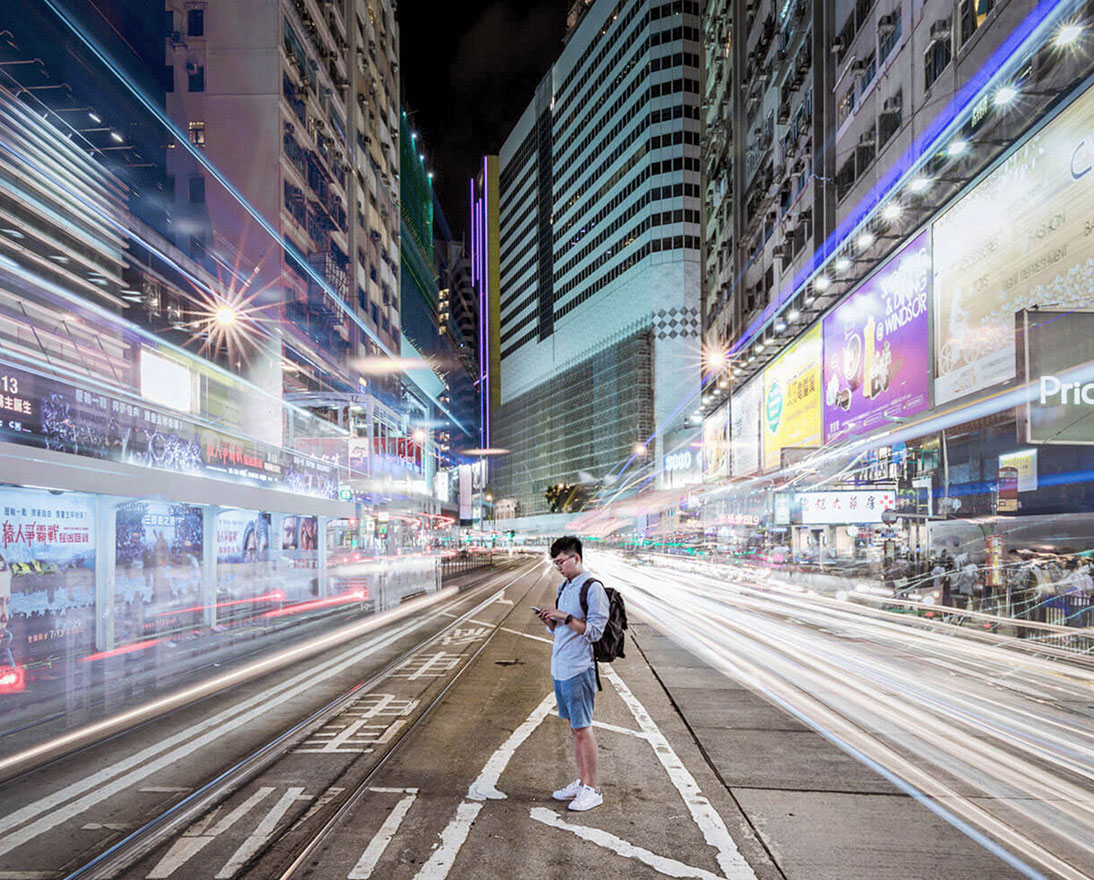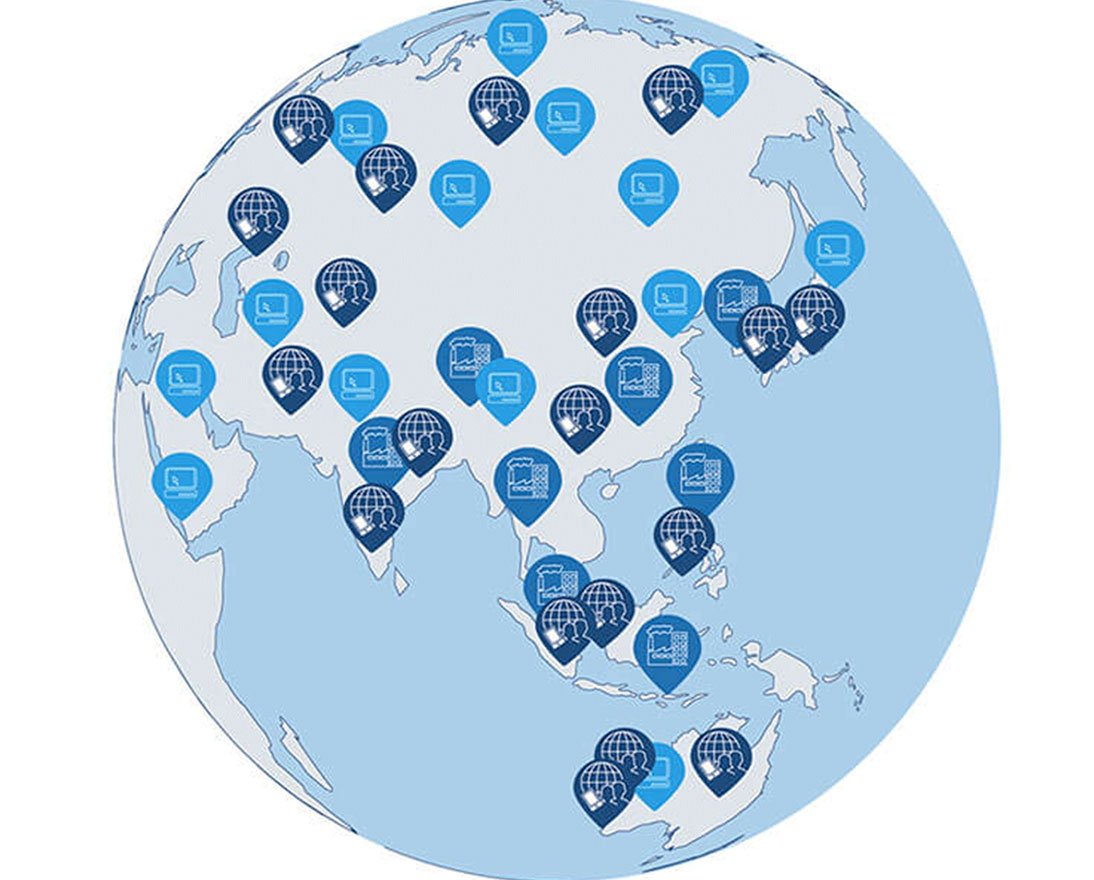We are drifting deeper into global problems
Global risksVideoJanuary 16, 20193 min read
Global risks are intensifying but the collective will to tackle them appears to be lacking. Instead, divisions are hardening.
The World Economic Forum is highlighting in the 2019 Global Risks Report, with Zurich as a Strategic Partner of the report, that risks are intensifying but the collective will to tackle them appears to be lacking. Instead, divisions are hardening and we are drifting deeper into global problems from which we will struggle to extricate ourselves.
This year's report particularly points to several areas of concern:
1. Economic worries:
Geo-economic tensions ratcheted up during 2018, across trade, investment and sanctions policies. The vast majority of surveyed experts are expecting increasing risks in 2019 related to “economic confrontations between major powers” and “erosion of multilateral trading rules and agreements”.
Furthermore, the rate of global growth appears to have peaked, while inequality - in particular within-country inequality - continues to rise and be seen as an important driver of the global risks landscape.
2. Major power tensions:
Geopolitical tensions are rising among the world’s major powers. The world is moving into a phase of divergence following a period of globalization that profoundly altered the global political economy.
Against this backdrop, it is likely to become more difficult to make collective progress on emerging global challenges, or on resolving the many protracted conflicts that persist around the world.
3. Political strains:
Mounting geopolitical instabilities are matched—and frequently exacerbated—by continuing domestic political strains. Survey respondents ranked “increasing polarization of societies” the second driver of developments in the global risks landscape.
Polarization and weak governance raise serious questions about many countries’ political health. A vicious circle may develop in which diminishing social cohesion places ever greater strain on political institutions, undermining their ability to anticipate or respond to societal challenges.
The importance of the geopolitical and geo-economic changes that are under way should not distract us from the human side of global risks. For many people, this is an increasingly anxious, unhappy and lonely world, with rising anger and empathy declining.
4. Climate catastrophe:
Environmental risks dominate for the third year in a row, accounting for three of the top five risks by likelihood and four by impact.
Survey respondents seem increasingly worried about environmental policy failure and its potential impact, with the most frequently cited risk interconnection being the pairing of “failure of climate-change mitigation and adaptation” and “extreme weather events.”
As environmental risks crystallize with increasing frequency and severity, there is urgent need to build resilience, for human health, food and water security, critical infrastructure and global value chains.
5. Technological instabilities:
Technology continues to play a profound role in shaping the global risks landscape, with cyber risks consolidating their position in the high-impact, high-likelihood quadrant. A large majority of respondents expected increased risks in 2019 of cyber attacks, posing more and more risks to critical infrastructure.
The report also points out to the disruptive impacts of AI in its role in the rise of “media echo chambers and fake news”. The interplay between emotions and technology is likely to become an ever more disruptive force.









